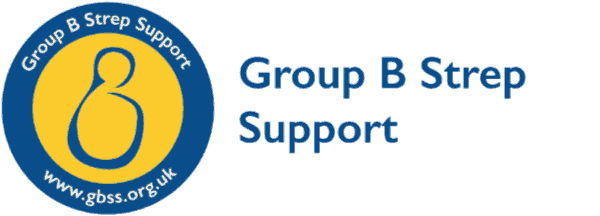About Group B Streptococcus (GBS)
What is Group B Streptococcus (GBS)?
Group B Streptococcus is a naturally occurring bacterium carried by 20-40% of adults, usually without any symptoms or side-effects. It is commonly found in the gut and for up to 25% of women in the vagina. Carrying GBS does not present any symptoms in itself.
Group B Streptococcus is the UK’s most common cause of life-threatening sepsis in newborn babies,and of meningitis in babies up to age 3 months.
Most GBS infections can be prevented by giving antibiotics intravenously (through a vein) at the onset of labour to all women with risk factors for GBS. UK guidelines recommend offering these antibiotics in labour:
- if GBS has been detected during the current or previous pregnancy
- if a previous baby had GBS infection
- if she is in preterm labour (before 37 completed weeks of pregnancy)
- if she has a fever in labour.
Another risk factor is waters breaking more than 18 hours before birth.
Intravenous antibiotics in labour are highly effective at preventing GBS infection in newborn babies, reducing the risk for a newborn baby born to a woman carrying GBS from around 1 in 400 to around 1 in 5000. Oral antibiotics should not be given during pregnancy for GBS carriage as they have not been shown to reduce GBS infection in babies.
There are always small but potentially serious risks associated with taking antibiotics, and this needs to be fully discussed with the healthcare professional assisting with your pregnancy.
Where can I find out more information about GBS?

Group B Strep Support
Tel: 0330 120 0796 E-mail: info@gbss.org.uk Website: www.gbss.org.uk
Group B Strep Support is a UK charity providing accurate and up to date information on GBS for families and health professionals. Group B Strep Support endorses the availability of reliable prenatal testing and wants ECM testing to be available to all pregnant women through the NHS. The charity’s current leaflets are available from their website at www.gbss.org.uk or by post.
Registered charity No 1112065.
If you are pregnant and want more information about Group B Strep, visit gbss.org.uk/Pregnant
